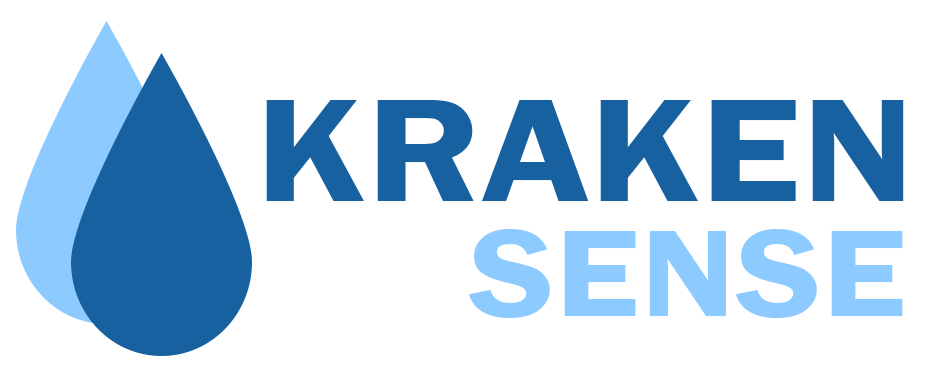Almond Milk Recall: Salmonella Contamination Sparks Nationwide Concern in Plant-Based Market
The plant-based milk industry is experiencing a significant disruption as a major almond milk brand has issued a nationwide recall due to potential Salmonella contamination. This unexpected event has raised alarm bells among consumers and casts a spotlight on food safety in the ever-growing alternative milk sector.
A Sour Turn for a Sweet Alternative
In recent routine quality checks, traces of Salmonella were discovered in several batches of almond milk. This prompted immediate action from the manufacturer, leading to a broad recall of products distributed across the country. Consumers are now urged to check their refrigerators and compare lot numbers to identify potentially contaminated cartons.
The Salmonella Threat: More Than Just a Stomachache
While Salmonella might seem like a minor inconvenience, it can lead to more severe health issues. Symptoms of Salmonella infection typically appear within 6 to 72 hours after consuming contaminated food and may include:
Diarrhea
Fever
Abdominal cramps
For most healthy adults, recovery usually occurs without medical intervention. However, the infection can be more serious for vulnerable populations such as young children, the elderly, pregnant women, and individuals with weakened immune systems.
Got (Recalled) Milk? Here's What to Do
If you’re a fan of almond milk, don’t panic—take these steps to ensure your safety:
Check Those Labels: Compare the lot number and expiration date on your almond milk with the recall information provided by the manufacturer.
When in Doubt, Throw It Out: If your almond milk is included in the recall, it’s best to dispose of it safely to avoid any risk of contamination.
Get Your Money Back: Most retailers offer refunds or replacements for recalled items. Contact the store where you purchased the almond milk for more details on how to proceed.
A Wake-Up Call for Food Safety
This recall serves as a crucial reminder that even plant-based alternatives are not immune to contamination risks. It underscores the importance of rigorous quality control measures across all food production sectors, including the rapidly expanding plant-based beverage industry.
As consumers, we rely heavily on manufacturers and regulators to safeguard the quality and safety of our food. This incident highlights the necessity for continuous vigilance and transparent communication in addressing food safety issues.
Stay Informed and Safe
In light of this recall, it’s essential to stay informed about food safety updates and to act promptly if you find that your products are affected. Remember, your health is always worth more than the cost of a carton of milk, whether it’s almond or otherwise.
Sources:
U.S. Food and Drug Administration. (2024). Almond milk recall notice. FDA Recalls, Market Withdrawals, & Safety Alerts. Retrieved from https://www.fda.gov/safety/recalls-market-withdrawals-safety-alerts
Centers for Disease Control and Prevention. (2024). Salmonella: Questions and answers. Retrieved from https://www.cdc.gov/salmonella/index.html
World Health Organization. (2024). Salmonella (non-typhoidal). Retrieved from https://www.who.int/news-room/fact-sheets/detail/salmonella-(non-typhoidal)
Food Safety News. (2024). Nationwide almond milk recall: What consumers need to know. Retrieved from https://www.foodsafetynews.com/
Consumer Reports. (2024). Food recalls. Retrieved from https://www.consumerreports.org/food-recalls
Environmental Protection Agency. (2024). Safely disposing of recalled food products. Retrieved from https://www.epa.gov/smm
Federal Trade Commission. (2024). Consumer rights in product recalls. Retrieved from https://www.consumer.ftc.gov/
